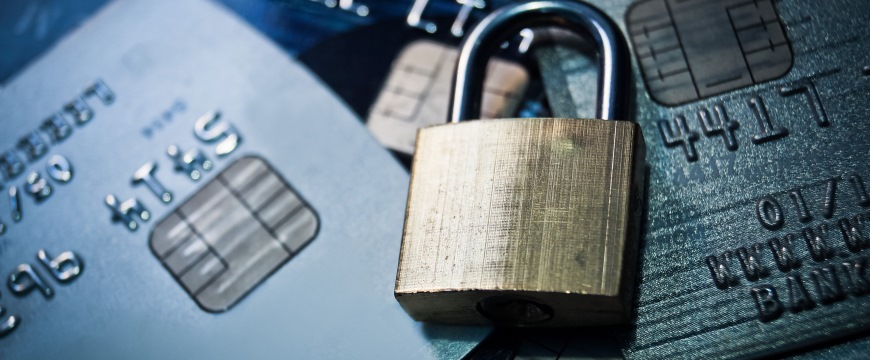
Fraudulent Activity
Section Menu
Debit Card Protection
To report fraudulent activity, lost or stolen cards, call us anytime at 800-535-2169. Help is available 24/7.
Our debit card processor, Fiserv, monitors transactions for potential fraud based on your personal spending habits. If they detect unusual activity, they will alert you and ask if the transaction was you.
If you did not initiate the transaction, your debit card will be blocked to prevent additional fraudulent transactions. If you do not answer the call, a temporary block may be placed on your debit card if the fraud potential is high.
If you are concerned about the legitimacy of a communication, hang up and call us directly. We will never contact you asking for confidential information (PIN, full social security number, passwords, etc.)
If you plan to travel out-of-state, please contact us with the dates and locations. This will help us recognize which transactions may be legitimate versus fraudulent. If your cell phone number changes, notify the bank so we can contact you with fraud alerts.
When Identity Theft Happens
If you have been a victim of identity theft, here are some steps you can take to minimize the impact:
- Contact your financial institution(s) about the situation and close any accounts that have been affected or that have been opened fraudulently.
- Contact one of the major credit bureaus to place a free 90-day fraud alert and to review your credit reports for any signs of identity theft. The credit bureau that you have contacted must tell the other two credit bureaus.
Experian.com/fraudalert 1-888-397-3742
TransUnion.com/fraud 1-800-680-7289
Equifax.com/personal 1-888-766-0008
- File a report with your local police department.
- Report the theft to the Federal Trade Commission at www.identitytheft.gov.
Guidelines to protect your identity:
- Shred any documents with sensitive information.
- Don't carry your Social Security Card with you and don't give your number out unless it is absolutely necessary.
- Only give out personal information over the phone when you have initiated the call.
- Keep your computer's security (firewalls, anti-spyware, and anti-virus software) up to date.
- Choose passwords that are easy for you to remember, but hard for others to figure out.
- Keep any sensitive information in a safe place like a home safe or safe deposit box at the bank.
- Check your credit report at least annually to make sure everything is correct and up to date. In reviewing this report, it may help you catch signs of identity theft. (www.annualcreditreport.com is the ONLY government-sanctioned website where you can check your report for free once a year).